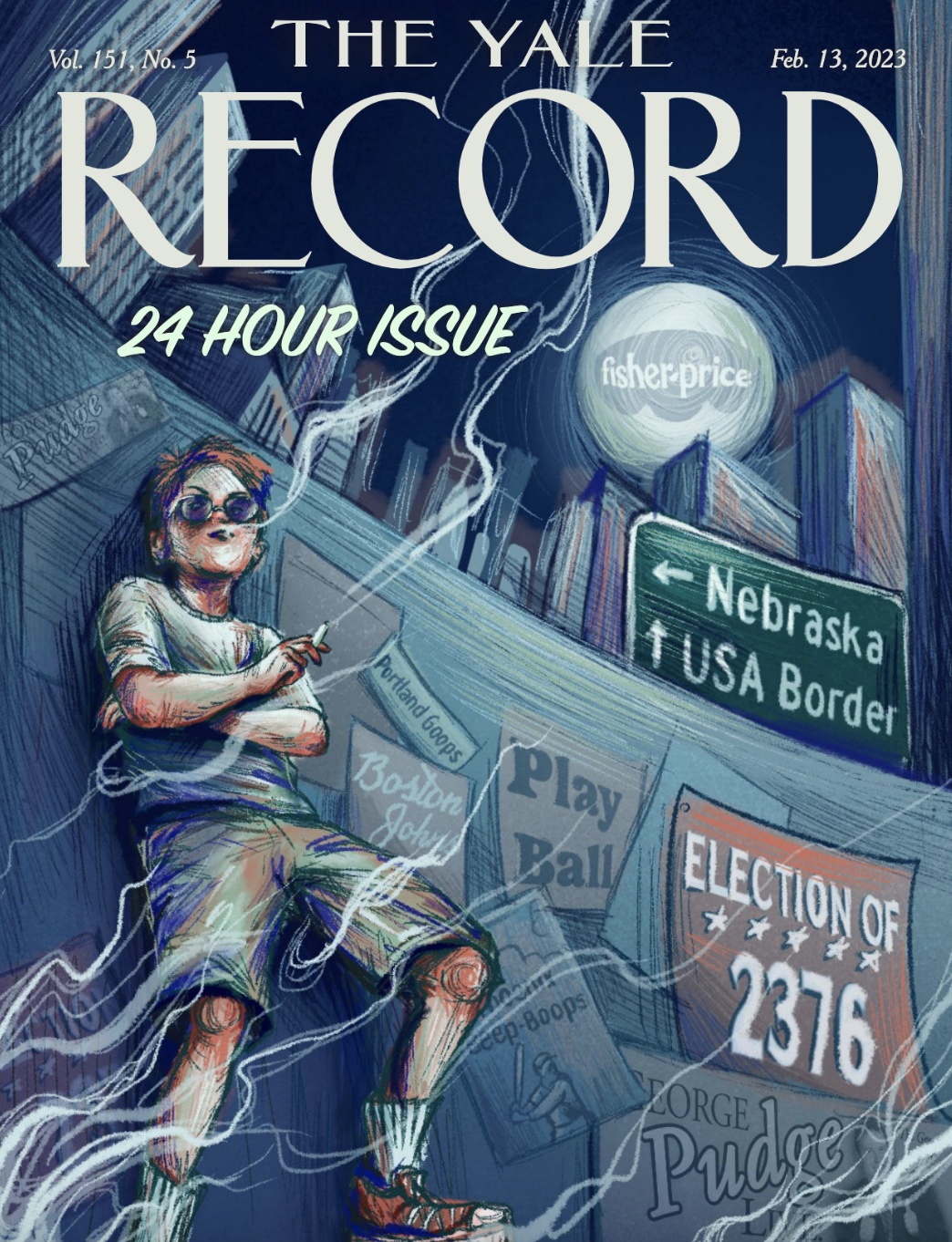Welcome! Sit down. What type of insurance do you have? How does that make you feel?
This is how I assume therapists talk. I have never been to therapy, because I am mentally normal. When good things happen, I get happy. When bad things happen, I get sad. When I see a naked lady, my eyes turn into hearts and smoke comes out of my ears. I answer “not much” when people ask “what’s up” and “can’t complain” when they say “how’s life.” Every night, I dream of the horrors that lie at the bottom of the deep dark sea. I have the brain of your average American man.
Still, I recognize the value that therapy has in today’s day and age. Lord knows we have problems. The President of the United States is a reality TV star for crying out loud! The headphone jack is gone for good, and it feels like every day there’s a new story in the Times about an easygoing party clown being coerced by the mechanisms of society into killing TV’s Robert DeNiro. In our darkest moments, therapists are there to help us claw our way back to normalcy. They scoop our fractured psyches out of our skulls and spit-shine them until they gleam like a South Sea pearl.
Don’t be fooled by what you see on TV; therapy comes in many different forms. To the wizened lumberjack, the trees are a sort of therapist. To the high-powered stock trader, it’s dollars and cents. To our Chair, Sam, it’s being stupid and dumb. Michael Richards’ “therapist” was a heckler at The Laugh Factory. Tony Soprano’s “therapist” was a therapist. We all find relief from our struggles in different ways. That’s a beautiful thing, friends.
Listen—nobody’s perfect. Even the Record editorial board has its share of problems. Our copy editors, Adriana and Arnav, are the multiple personalities of Annie, our Art Director. Jonas is convinced that he’s Austrian even though he grew up in Bridgeport and has never left Connecticut. The menu app that Erik developed sometimes says that the Trumbull Dining Hall has pizza, which isn’t really a mental problem but it’s still not true.
And Big Four is not much better. Ayla insisted that my pilot script “My Life As A Normal Guy” was “a little long for a sitcom” even after I told her that streaming platforms are experimenting with non-traditional lengths. Sam is dumb and not smart. Diana is a figment of our collective imagination.
Mentally normal as I am, I too face some challenges in my day-to-day life. Sometimes I take too much Benadryl and watch in horror as the shadow people come to steal my ears. Sometimes I imagine an anglerfish with human legs and have to take an hour swinging around on the monkey bars to calm down. Sometimes when I look in the mirror my reflection winks at me, even though I can’t wink without holding an eye open with my fingers.
These problems may be universal, but that doesn’t diminish how real they feel. Luckily, the actualized mind has wellness tools at its disposal. Try this exercise with me: Breathe in. Breathe out. Close your eyes. Imagine a babbling brook. Imagine that it’s babbling about the anti-capitalist messaging that undergirds Netflix’s Squid Game. This reference is topical as I write this editorial, but by the time you read this it might not be. All that is new will one day be old, all that glitters will be subsumed by rust and mud.
Breathe in. Breathe out. Now imagine a goat on a hill. Its little horns gleam in the light of a dying star. The goat is your fear of the ocean. Look sternly at the goat. Tell him, “No more.” Punt him off the mountain into the roiling river below. Now open your eyes. What you just experienced was a form of therapy. Go to the beach. Go for a swim. You are cured.
See? That right there, that was a type of therapy, as long as you’re afraid of the ocean. If you aren’t, then I’ve got nothing for you. Sorry. Maybe you should adopt a whimsically streetwise orphan boy, or take up the baritone saxophone. Maybe you should try actual therapy. Maybe you could let me know how it goes. Maybe I would say that it sounds nice but that I don’t think it’s right for me. Maybe you’d say I don’t sound convincing, maybe I’d tell you to get lost, maybe you’d ask me why I wake up each morning looking haggard and afraid.
Maybe I’d evade the question, but maybe I’d be thinking about my dreams. 16,000 PSI of cold dark water beating ceaselessly down on my head. I flail, scream soundlessly, kick clouds of invisible silt from the seafloor below and wonder how I am not dead, not compacted into a fleshy cube at the bottom of the sea to be gobbled up by the horrors that lurk just beyond my sight. Darkness. Darkness. Then a light. I flail. I can’t feel my legs. My clumsy breaststroke saps my arms of their remaining strength as I drag my limp body towards the light. I see it now. Closer. Closer. Behind it, something. I see teeth like needles. Baleful eyes, blind as sorrow. Below, stretching down, down to the silt below, two pale and muscular legs. Ten perfect toes. I scream soundlessly and the thing falls upon me,
and I don’t wake up,
and I can’t wake up,
and that moment of terror is more than a moment,
and it’s just me and the teeth and deep dark blackness
and I can’t
breathe.
…
Well.
All this is to say that we all have our problems, and talking about them can help. That’s why I decided last month to scrap the long-awaited “Record Gives Our Two Cents On Yemen” Issue and replace it with The Therapy Issue. Read on, and you’ll find insights, diagnoses, medical news, quizzes, and a whole lot of healing. This is your one-stop shop for all your mental health needs.
Folks, let’s get better together. We wrote you 24 pages worth of content. If that’s not enough for you jackals, then frankly I don’t know what is.
—J. Wickline
Editor in Chief




